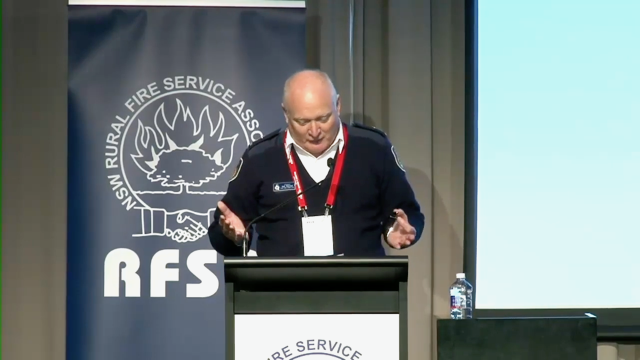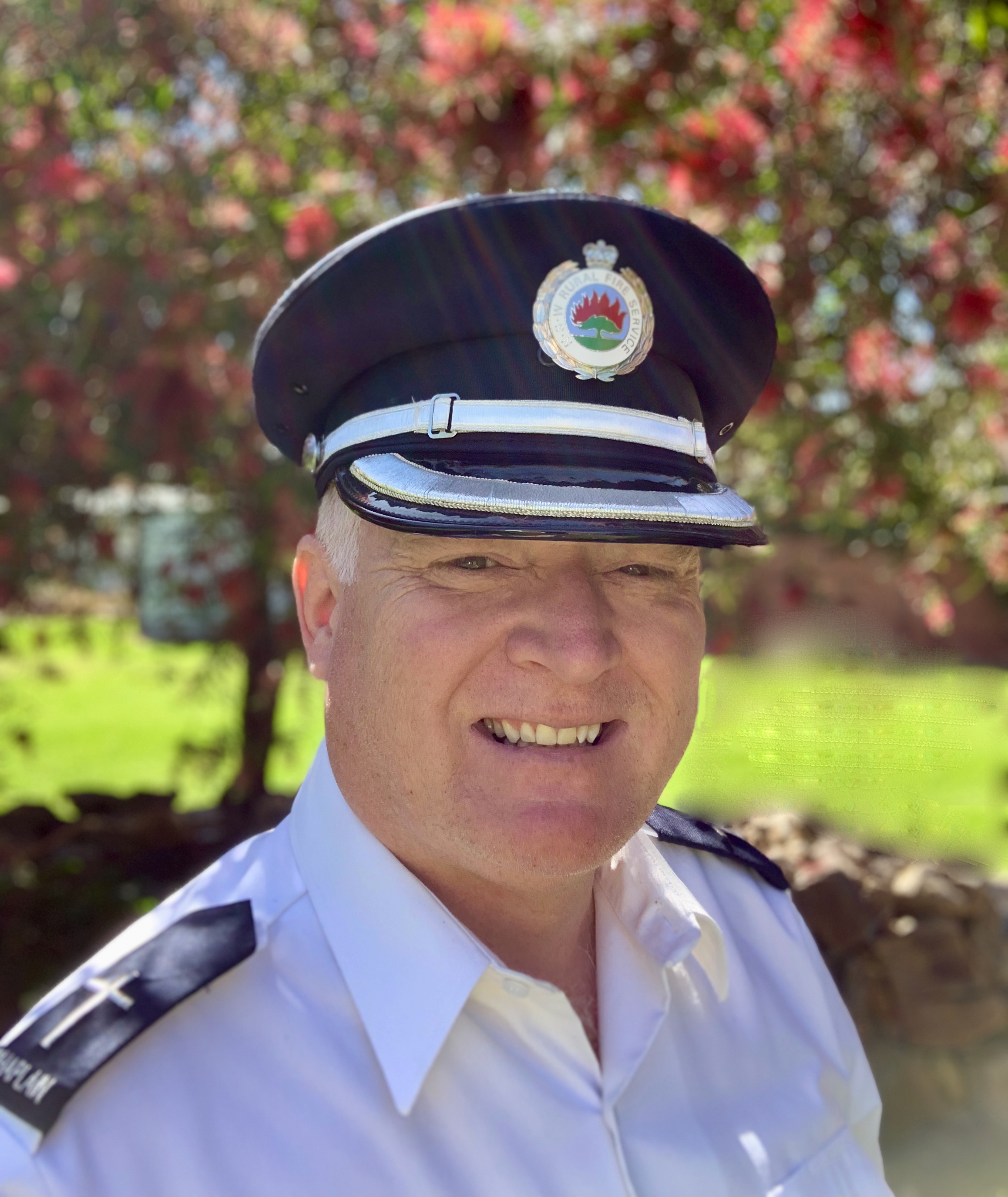Essays, Articles, and Research
Hoping is Coping: A Psychological and Theological Application of Hope
Percival, N.A. (2024). Hoping is coping: A psychological and theological application of hope. St Mark’s Review, 266(2), 27-52.
Hope is a strategy that many people utilise, either consciously or unconsciously, to cope with threats to their physical, psychological, and spiritual well-being. Hope is not an exclusively Christian construct. Indeed, the insights of secular psychology provide a helpful framework for understanding Christian hope, whilst the Scriptures offer numerous practical examples that unpack the ways in which hope facilitates coping.
The Priorities and Challenges of Faith-Based Disaster Chaplaincy: An Australian Perspective
A review of the literature on ministry during crises and disasters reveals that chaplains contribute to the provision of frontline trauma care as crisis interventionists in the response phase of a disaster and by addressing physical, emotional, organisational, and existential needs in the recovery phase of a disaster. Indeed, for some trauma-affected people, chaplains are their first choice for support. The literature also identifies a number of the obstacles that must be overcome to enable effective chaplaincy to occur.
A Spiritual Perspective on Trauma and Trauma Care
An exploration of the intersection between spirituality and trauma with a view to better understanding trauma related spiritual distress and the mechanisms that establish and sustain it. This essay affirms the contention that it is possible to incorporate “spiritual content into scientifically based treatment approaches,” thereby making them “more accessible (and effective) to clients for whom spirituality is of central importance” (Miller & Thoreson, 1999, pp. 12-13).
The Theology of Trauma: A Creation Paradigm
When the core spiritual needs for meaning, control, and connection are threatened by trauma, distress results. This paradigm provides a conceptual framework to account for the spiritual distress that results from exposure to trauma and inform the key tasks of spiritual trauma care. While demonstrable from the psychological literature, this is actually a creation paradigm introduced in Genesis 1 and elaborated throughout the Scriptures.
Principles for Spiritual Engagement in the Australian Context
How is spirituality experienced by contemporary Australians? What light does this shed on effective engagement with those around us on spiritual issues? This essay identifies four global and five culturally specific principles that inform a uniquely Australian perspective on spirituality and which have direct implications for the practice of Christian ministry to secular Australians. The application of these principles involves being present, building relationships of trust, respecting spiritual boundaries, discerning the spiritual in the secular, leveraging the power of lived biblical truth, and preaching hope.
Transcript of Keynote Address on Suicide Prevention and Intervention at the 2023 ACT Emergency Services Agency Peer Support Conference
Thank you for the invitation to speak. Watching out for the well-being of emergency service workers is something very close to my heart… The need for action in the suicide intervention space became clear to me when, in mid 2018, I moved from the South Coast of NSW, where I lived for 15 years, to the Southwest Slopes. In my first few months I was confronted by the significantly higher rate of suicide in rural communities as opposed to the coast in general, but also amongst RFS members, both volunteer and staff….
Meaning, Control, and Connection: A Practical Theological Perspective on the Relationship Between Trauma, Spirituality, and Spiritual Distress
Trauma is a universal human experience that can have debilitating effects on the physical, cognitive, psychological, behavioural, and spiritual well-being of human beings. Evidence states that most people will experience at least one traumatic event during their lifetime. A significant proportion of those working in the emergency services sector report experiencing multiple traumatic events that have deeply affected them. As a consequence, they can experience Post-Traumatic Stress Disorder (PTSD), high levels of psychological distress, diagnoses of mental health conditions, and suicidal ideation at rates significantly above those of the wider adult population. I have spent twenty-six years as an Anglican minister and sixteen years as a Rural Fire Service Chaplain assisting people affected by exposure to trauma in many forms. This thesis seeks to clarify and sharpen our understanding of the spiritual consequences of exposure to trauma with a view to providing more effective assistance to those affected by it.
Suicide Awareness and Prevention (the QPR model) - Address given to the NSW RFSA Biennial Conference - 2023 (48 min)

